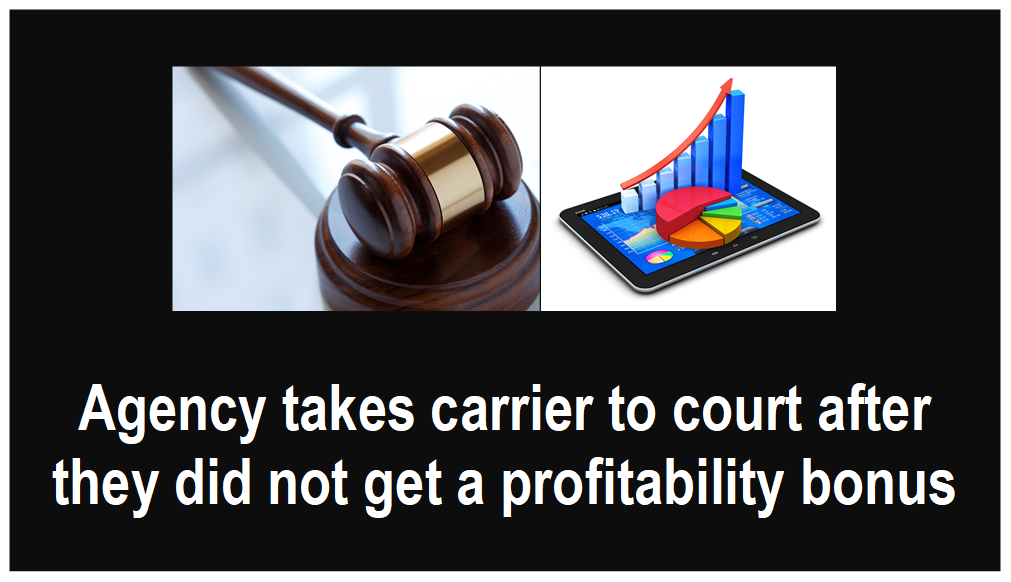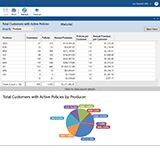
Does an insurance carrier owe an independent agency bonus commissions if the agency qualifies? According to a federal court in Wisconsin, much of the answer depends on the words the carrier uses in its offer.
The agency had been appointed with the carrier for four years. They had a typical agency contract under which the carrier paid commissions in accordance with the most recent commission schedule. Either party could cancel the contract with 90 days’ notice to the other.

Three years into the relationship, the agency became eligible to participate in the bonus commission program. The program stated that the agency could receive a bonus based on the profit it generated during a specified time period, referred to as a “bonus year.” To be eligible, the agency had to meet three requirements:
- It had to be an active agent in good standing with the carrier “at the time of payment.”
- It had to produce at least $1,000,000 in combined personal and commercial lines premium.
- It had to achieve a “profit sharing ratio” during the bonus year of no greater than 64.0%. The court decision did not explain what “profit sharing ratio” is, but it appears to mean loss ratio.
The document explaining the program made three additional points:
- It was separate from the agency agreement.
- It was not a contract guaranteeing payment of the bonus.
- The bonus would be calculated at the end of the bonus year and paid to the agency within 90 days.
In addition to this document, the carrier:
- Sent the agency a letter referring to the program as the “profit-sharing offering.”
- Provided the agency with a calculation statement saying that the carrier would guarantee the larger of the bonus earned at the end of the third quarter or the year end if the agency made a certain election.
- Gave the agency a form on which it could make this election.
- Emailed the agency confirming they would honor the election for the higher payment amount.
At the end of the calendar year, the agency had qualified for a $75,000 bonus and was in good standing with the carrier. However, in March the carrier terminated the contract and refused to pay the bonus. The agency sued for breach of contract, acting in bad faith, unjust enrichment to the carrier, and breaking promises made outside the contract. The carrier moved to have all the claims dismissed.
The judge dismissed some but not all of the complaints. He agreed that the bonus commission document was not a contract. Therefore, the complaints of breach of contract and acting in bad faith were not valid. However, he ruled that the agency could reasonably argue that the words in the election form and the email induced it to believe the bonus was forthcoming.
He also found the unjust enrichment claim to be plausible. It was feasible, he wrote, for the agency to argue that “it placed business with (the carrier) that it otherwise would not have placed and then ‘insured’ the additional business for the sole purpose of ‘locking in’ its bonus commission. (The carrier) knew this but went back on its word and refused to pay the bonus.” Accordingly, he permitted the agency to pursue the claims of broken promises and unjust enrichment.
There is no further public record of this dispute, so the sides probably settled. Independent agencies may rely heavily on potential profit-sharing checks, but they would be wise to read the documents carefully. This carrier explicitly said that its program was not a contract; it is likely many other carriers say the same. The lesson is that profit-sharing can be a valuable supplement to an agency’s commission and fee income, but agencies should never take it as guaranteed. Even a profitable agency might not receive it.
















